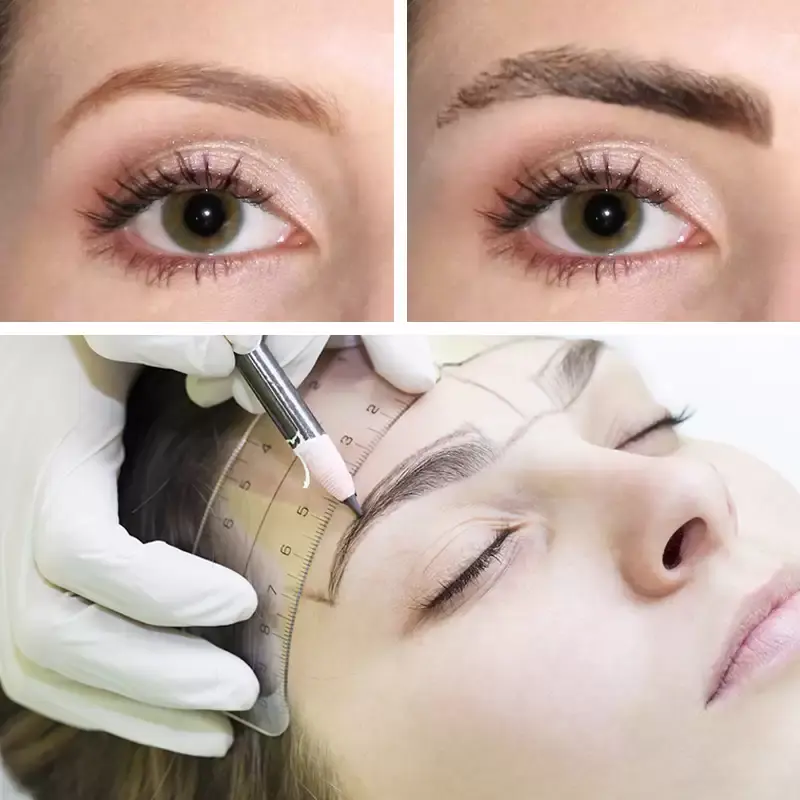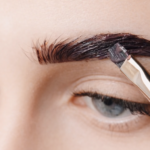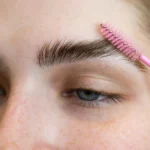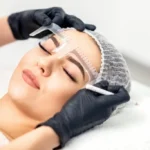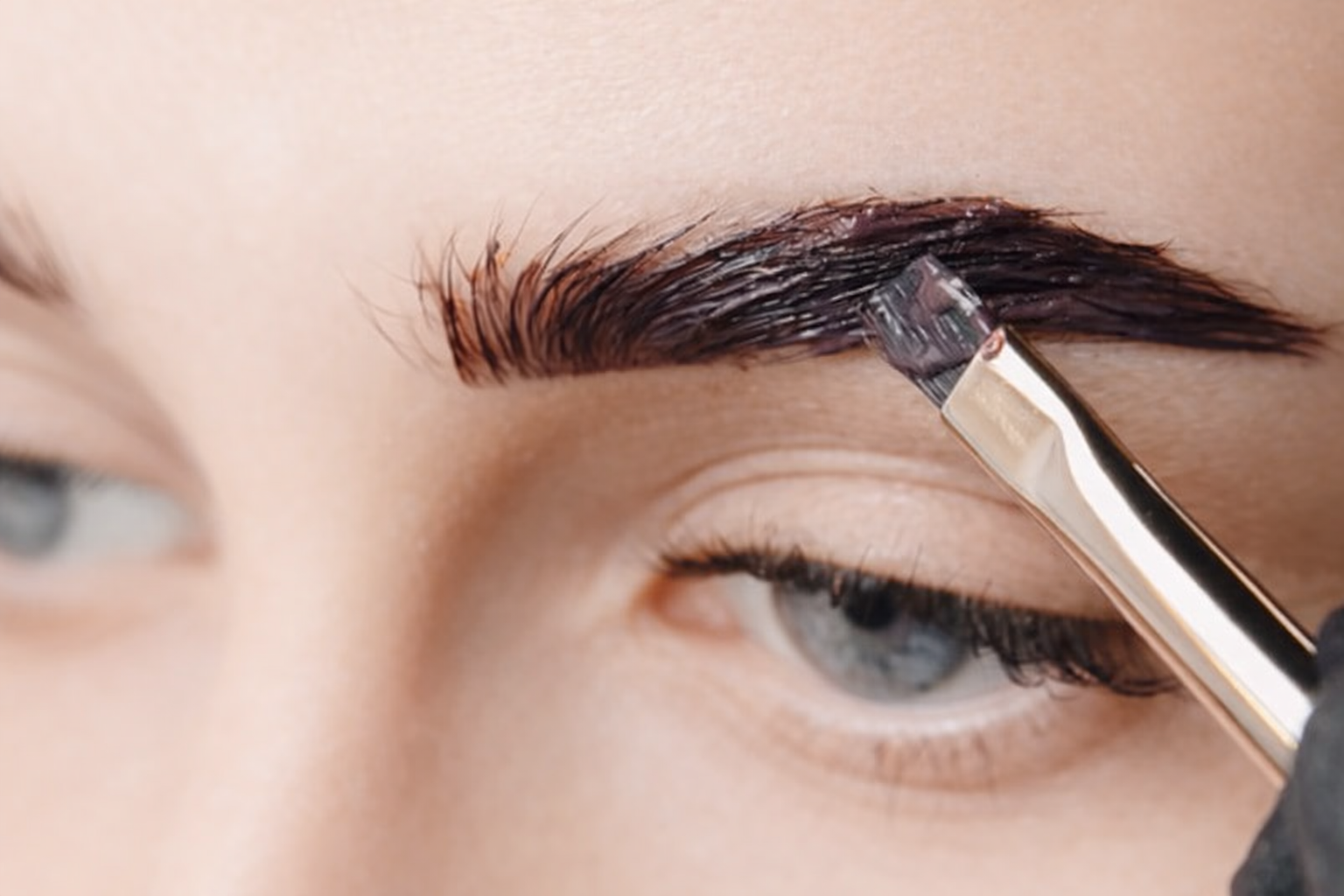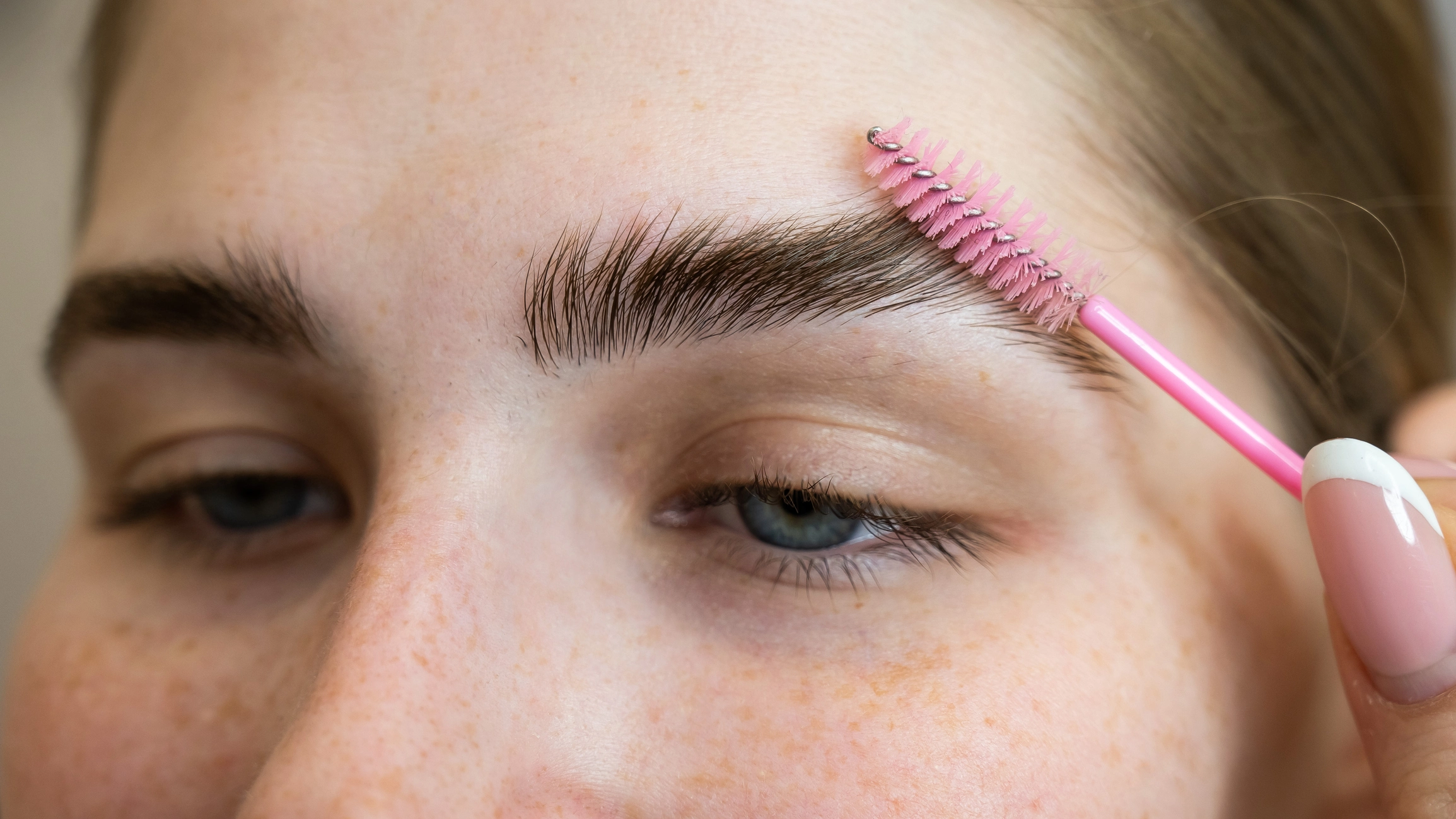Table of Contents
ToggleAdderall is a common stimulant medication prescribed to manage attention deficit hyperactivity disorder (ADHD) and narcolepsy. Many people find that it helps them focus and boosts their energy. However, some may worry about side effects, like hair loss. This guide explores whether Adderall can affect your hair growth, how it might happen, and treatment options to manage or prevent the issue.
What is Adderall?
Adderall works by stimulating the central nervous system, enhancing dopamine and norepinephrine activity in the brain. A combination of amphetamine salts, this medication improves concentration and impulse control for individuals with deficit hyperactivity disorder (ADHD). By affecting neurotransmitters, it helps regulate focus and energy.
Common Side Effects of Adderall
Some common side effects include:
- Insomnia
- Loss of appetite
- Weight loss
- Increased heart rate
- Anxiety or mood swings
Does Adderall Affect Hair Health?
While there is no definitive evidence linking Adderall directly to hair loss, it may contribute indirectly. So, can Adderall cause hair loss in some users? The answer seems to be yes, especially through indirect triggers. Key factors include:
- Stress Levels: Adderall can increase stress or anxiety. This may disrupt the hair growth cycle and cause hair loss (telogen effluvium).
- Nutritional Deficiencies: Appetite suppression is a common side effect. It can cause a lack of important nutrients like biotin, iron, or zinc. They are essential for healthy hair.
- Scalp Health: Dryness or irritation from dehydration can weaken hair follicles. This increases the risk of hair thinning or breakage.
Some blood pressure medications can also trigger hair thinning. For example, Losartan has been linked to hair loss in some patients.
How Does Adderall Cause Hair Loss?
Adderall hair loss is real, but the medication doesn’t directly cause hair to fall out. It can however, create conditions that affect hair health over time.
Can Adderall Cause Hair Thinning or Breakage?
Yes, some users may notice hair thinning or increased breakage. This can occur due to:
- Elevated stress levels affect the hair growth cycle.
- Nutritional gaps from loss of appetite, reducing the intake of hair-supporting vitamins and minerals.
- Dry scalp conditions that weaken strands.
Do Stimulants Cause Hair Loss?
In general, stimulants can exacerbate lifestyle factors that indirectly lead to hair shedding, such as:
- Increased cortisol, the stress hormone.
- Poor-quality sleep reduces the body’s ability to repair damaged hair follicles.
Most of these effects are reversible with proper care.
Vyvanse vs. Adderall: Hair Loss Comparison
Both Vyvanse and Adderall are stimulants, but they differ in their formulations:
- Adderall: Acts quickly, potentially causing sharper fluctuations in appetite or stress.
- Vyvanse: A prodrug metabolized more gradually, with fewer stress-related side effects.
Does Vyvanse cause hair loss? Vyvanse hair loss isn’t as common as with Adderall, but some people still experience it, especially when stress, poor sleep, or appetite loss persist.
If you’re concerned about hair loss while taking Adderall, discuss switching to Vyvanse with your doctor.
Does Adderall Make You Lose Hair?
A small retrospective case study reviewed medical records from a dermatology clinic, focusing on patients aged 6 to 18 with different forms of alopecia. The researchers identified a notable connection between alopecia universalis and ADHD stimulant medications.
However, the study had significant limitations, including a small sample size of only 124 cases, with just three involving alopecia universalis. No evidence linked stimulant use to other types of alopecia, and the study did not specifically investigate Adderall.
Some case studies suggest that stimulants may cause hair loss or thinning. However, these studies are not reliable for predicting effects on the entire population. Although individual cases can be intriguing, they lack sufficient data to draw firm conclusions.
Does Adderall Cause Vitamin Deficiency?
Appetite suppression can lead to inadequate intake of:
- Biotin: Essential for strengthening hair.
- Iron and Zinc: Crucial for healthy hair follicles.
- Vitamin D: Supports hair regeneration.
Incorporating nutrient-rich foods or supplements can support hair health while on Adderall.
How to Stop Hair Loss from Adderall
If you’re experiencing hair loss while on Adderall, addressing the root causes can help reverse the effects.
Adjusting Your Medication: Talk to Your Doctor
Your doctor can recommend solutions such as:
- Dosage Adjustments: Lower doses may reduce stress and appetite suppression.
- Medication Alternatives: Vyvanse or non-stimulant options might produce fewer side effects.
- Drug Holidays: Temporary breaks under medical supervision allow the body to recover.
Nutritional Support for Healthy Hair
Ensure your diet includes:
- Biotin: Found in eggs and leafy greens.
- Iron: Present in beans and red meat.
- Zinc: Available in seeds and shellfish.
- Vitamin D: Boosted by fatty fish or sunlight.
Supplements can fill gaps if appetite suppression limits nutrient intake.
Explore Hair Loss Medications
Managing stress but still dealing with hair loss?
Certain haircare products, such as thickening shampoos containing saw palmetto, might help reduce temporary shedding.
Additionally, there are FDA-approved treatments that may address hair thinning:
- Finasteride: While not effective for temporary hair loss, finasteride can help combat hair loss caused by male pattern baldness. It is available in both oral and topical forms.
- Minoxidil: Minoxidil works by increasing blood flow to the scalp, promoting faster regrowth after temporary shedding. It comes in various forms, including foam and liquid solutions.
Watch our short video to find out what we recommend the most.
Advanced Hair Restoration Solutions
If hair loss persists, advanced restoration techniques can help.
What to Do When Hair Loss Persists
- Consult a specialist to identify underlying causes.
- Explore hair restoration options tailored to your needs.
Hair Restoration at Kopelman Hair Clinic
We offer personalized care using advanced techniques like:
- FUE (Follicular Unit Extraction): A minimally invasive method for precise hair restoration.
- PRP (Platelet-Rich Plasma) Therapy: Stimulates natural regrowth using regenerative medicine.
- Scalp Micropigmentation: Enhances hair density cosmetically.
Cutting-edge techniques for Hair Regrowth
Our solutions provide lasting, natural-looking results, restoring confidence and improving quality of life.
Final Thoughts
Adderall might lead to hair loss in some cases. However, you can take steps to help your hair. Managing stress is important. Eating better can also help. Consulting with professionals is a good idea too.
These actions can support healthier hair. For persistent concerns, consult specialists like Kopelman Hair to explore effective, advanced solutions. Schedule a consultation today.
FAQs About Adderall and Hair Loss
Does Adderall Affect Your Hair Permanently?
No, hair loss linked to Adderall is typically not permanent. Addressing stress, diet, and sleep often restores hair growth.
How Do You Stop Hair Breakage from Medication?
Follow these steps:
- Stay hydrated.
- Use sulfate-free shampoos.
- Limit heat styling.
- Nourish your hair with essential vitamins.
Can Hair Regrow After Stopping Adderall?
Yes, regrowth is common once contributing factors are resolved. Consult a doctor if progress is slow.



